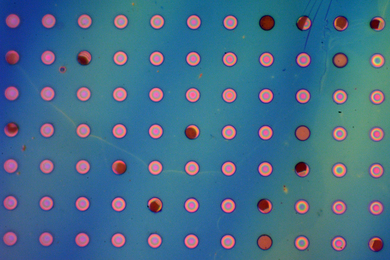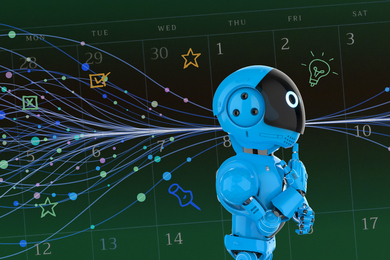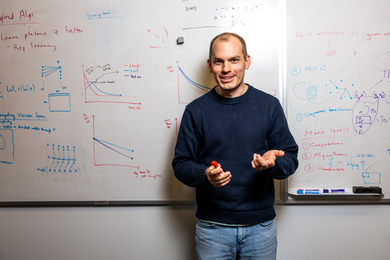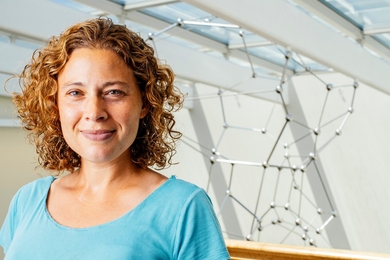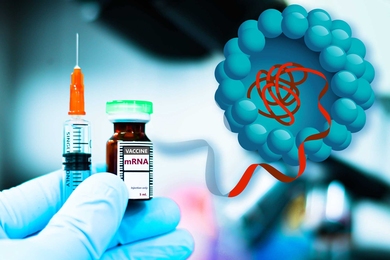Marcus “Marc” G. Karel PhD ’60, professor emeritus of chemical engineering, died on July 25 at age 91. A member of the MIT community since 1951, Karel inspired a generation of food scientists and engineers through his work in food technology and controlled release of active ingredients in food and pharmaceuticals.
Karel was born in Lvov, Poland (now Lviv, Ukraine) to Cila and David Karel, who ran a small chain of women’s clothing stores in the town. After war arrived in Poland in 1939, the family business was lost, relatives were scattered and disappeared, and the Karels spent the last 22 months of the war in hiding. After the war, Karel and his family eventually emigrated to the United States, where they settled in Newton, Massachusetts, just outside of Boston. Karel completed his bachelor’s degree at Boston University in 1955 and earned his doctorate in 1960 at MIT.
Before Karel started his graduate studies at MIT, he was invited by the head of the former Department of Food Technology to manage the Packaging Laboratory. Here he began his interest in the external and internal factors that influence food stability. In 1961, he was appointed professor of food engineering at MIT in the former Department of Nutrition and Food Science (Course 20), eventually becoming deputy head of the department. When Course 20 (then called Applied Biological Sciences) was disbanded in 1988, Karel was invited to join the Department of Chemical Engineering. After retiring from MIT in 1989, he became the State of New Jersey Professor at Rutgers University from 1989 to 1996, and from 1996 to 2007 he consulted for various government and industrial organizations.
During his academic career at MIT and Rutgers, Karel supervised over 120 graduate students and postdocs. Most of them are now leaders in food engineering. Several of his trainees from industry are now vice presidents of research and development at several companies. Along with his engineering accomplishments, Karel was known for his ability to build and manage successful teams, nurture talent, and create a family environment among researchers.
Karel was a pioneer in several areas, including oxidative reactions in food, drying of biological materials, and the preservation and packaging and stabilization of low-moisture foods. His fundamental work on oxidation of lipids and stabilization led to important improvements in food packaging. Also, when NASA needed expertise to design food and food systems for long-term space travel, it was Karel’s work that formed the platform for many of the enabling developments of the U.S. space program. MIT Professor Emeritus Charles Cooney relates, “When the solution to an important problem required improved analytical techniques, he pioneered the development of the techniques. When the solution required deeper insight into the physical chemistry of foods, he formulated the theoretical framework for the solution. When the solution required identification of new materials and new processes, he was on the front line with innovative technologies. No one has had the impact on the field of food science and engineering as Marc.”
Karel earned many recognitions for his work, including a Life Achievement Award from the International Association for Engineering and Food, election to the American Institute of Medical and Biological Engineering, the Institute of Food Technologists (IFT)’s Nicholas Appert Medal (the highest honor in food technology), election to the Food Engineering Hall of Fame, several honorary doctorates, and the one of which he was most proud: the first William V. Cruess Award for Excellence in Teaching from the IFT. The first edition of his co-authored book, "The Physical Principles of Food Preservation," is considered by many to be the "bible" of the field of food stability.
Karel is survived by his wife of almost 61 years, Carolyn Frances (Weeks) Karel; son Steven Karel and daughters Karen Karel and Debra Karel Nardone; grandchildren Amanda Nardone, Kristen Nardone, Emma Griffith, and Bennet Karel; sister Rena Carmel, niece Julia Carmel, and great-nephew David Carmel; Leslie Griffith (mother of Emma and Ben); nephew James Weeks Jr., and niece Sharon Weeks Mancini.
Funeral arrangements were private. A celebration of Karel’s life will take place later this year. Memorial contributions may be made to the American Red Cross.





